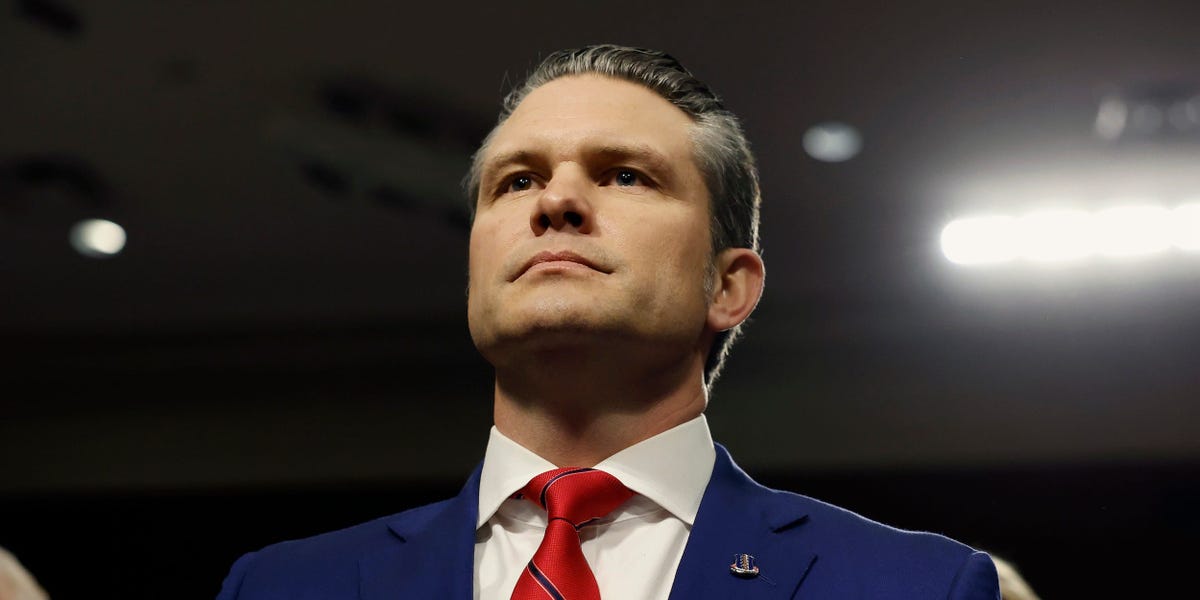Pentagon's Eggshell Diplomacy: Military Women Respond to Hegseth's Controversial Critique

In a significant move that has sparked concern among female service members, Secretary of Defense Hegseth has taken a decisive step to scrutinize the military's approach to equal opportunity. Last Friday, Hegseth signed a comprehensive memo mandating a thorough review of equal opportunity policies across all military branches, raising questions and anxiety among women in uniform.
The directive signals a potential shift in how the Department of Defense addresses diversity and inclusion, prompting widespread discussion about the potential implications for women serving in the armed forces. While the details of the review remain unclear, many female service members are apprehensive about what changes might be on the horizon.
This unexpected directive has created a climate of uncertainty, with many wondering about the motivations behind such a sweeping policy review and its potential impact on career progression and workplace dynamics within the military.
